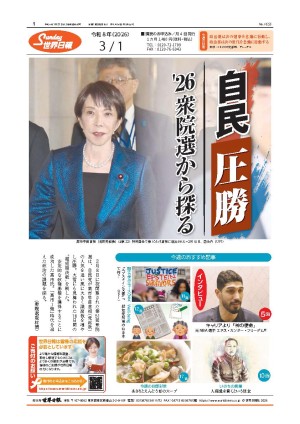Goodbye, Russia; hello again, Cold War-era Group of Seven ロシアとの決別と冷戦時代のG7
Goodbye, Russia; hello again, Cold War-era Group of Seven
Russia’s relatively brief foray into the world’s most exclusive club of rich nations has been undone in just a few weeks, and Moscow increasingly finds itself in Cold War-style isolation.
...【全文を読む】







